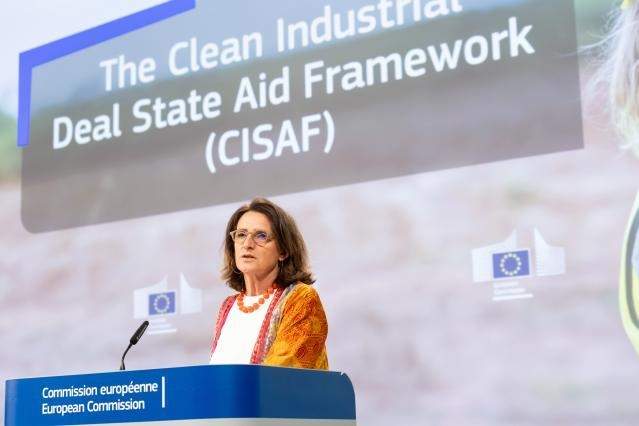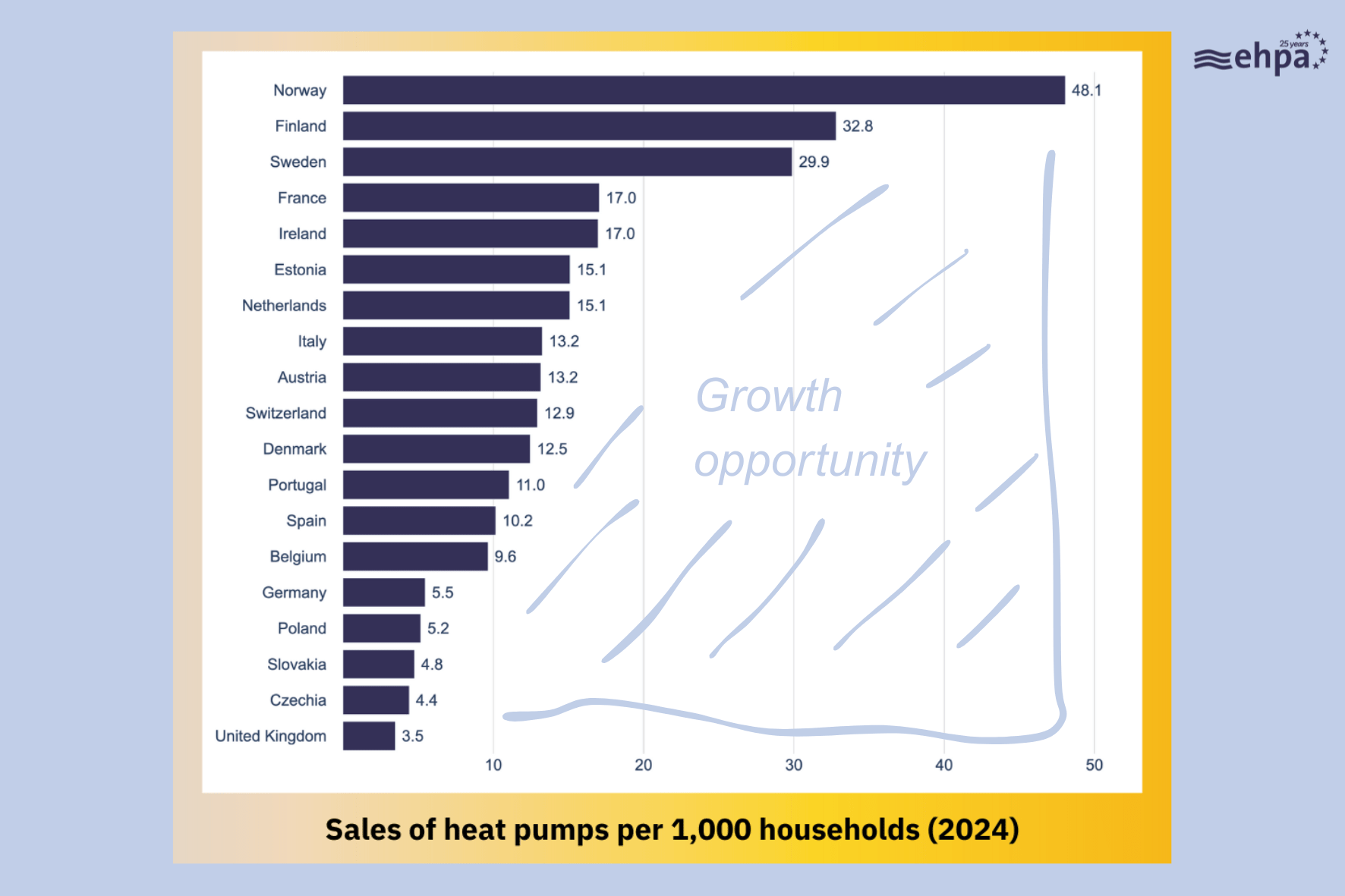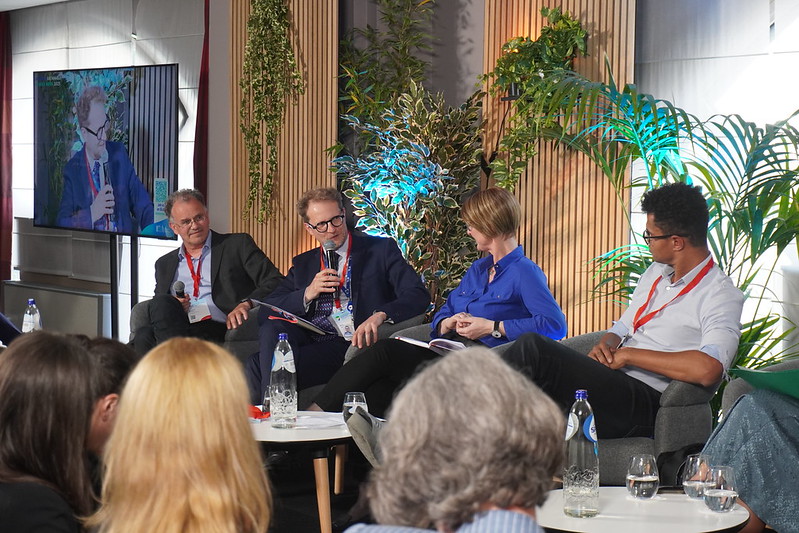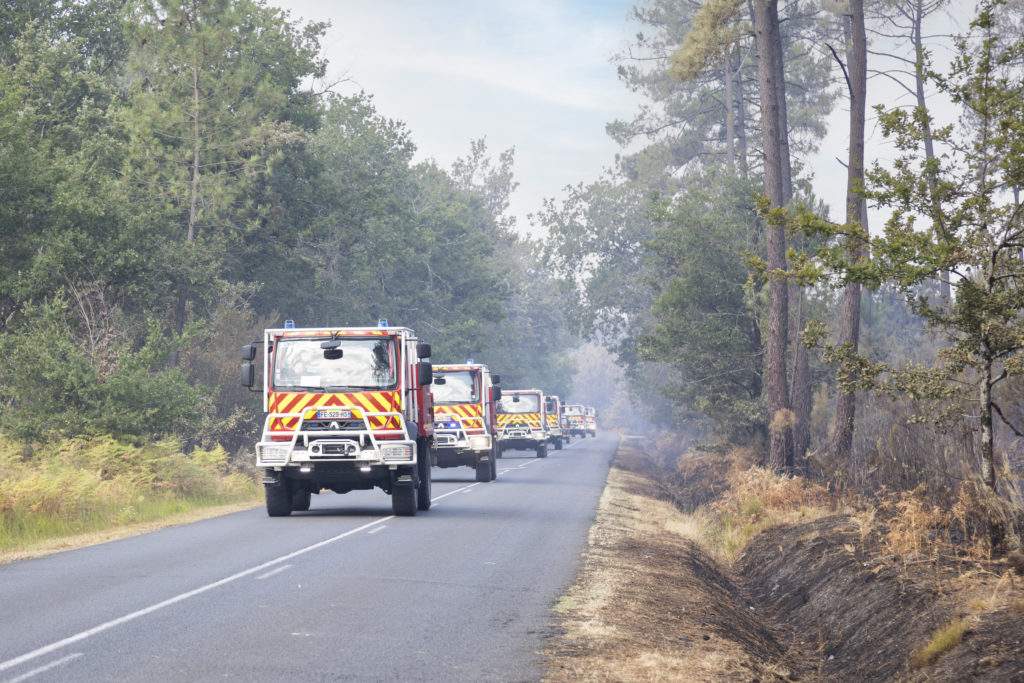The world’s eyes are on Egypt, where climate summit COP27 is now underway. Leaders and negotiators will try to agree over the next two weeks on thorny issues such as finance, compensation and crucially, on how to keep global temperature rise to 1.5°C – a target which looks increasingly out of reach.
According to the International Energy Agency, global energy-related carbon dioxide emissions rose by 6% in 2021 to their highest ever level. This is partly because the world economy relied heavily on coal to power the rebound from the Covid-19 pandemic.
Nearly half of this jump in emissions was due to the power and heat sectors. The CO2 emissions from the sector neared 14.6 Gt, their highest ever level and around 500 Mt higher than in 2019.
With such an alarming increase, it is more important than ever that we get all hands on deck to reduce emissions from those sectors, both through energy efficiency measures and by switching to fully renewable energy.
What does this mean for the heat pump sector? As we know, cutting end-user emissions – for example, by replacing fossil fuel boilers by heat pumps and district heating – is a key part of getting a grip on climate change, as renewables body IRENA has stated.
Heat pump use is increasing worldwide. About 190 million heat pump units were in operation in buildings worldwide in 2021, the IEA says. The global stock of heat pumps has increased steadily over the past few years, particularly in North America, Europe and northern and eastern Asia.
In 2021, record high growth in heat pumps sales was registered in particular in China and the United States, as well as in Europe where heat pump sales are hitting new records, as EHPA’s own data shows – increasing by 34% on 2020 sales.
Despite this, heat pumps still meet only around 10% of the global heating and cooling need in buildings – with fossil fuels still meeting 45%. This is below what is needed to be in line with the IEA’s net zero emissions by 2050 scenario, which sees heat pumps to double their share, to 20%, by 2030.
In Europe, we know that the sector is facing a whole series of challenges, even as the EU sets new and higher targets, which would translate into 60 million more heat pumps by 2030, on top of the 17 million today.
EHPA and our members are calling for an EU strategy – which we call an ‘accelerator’ – to speed up this growth. This can be done, for example, by ensuring policy and market stability, helping heat pumps become the most affordable solution, and making serious commitments to training and R&D. We believe that if these steps are taken, the sector can meet the EU’s targets and help it get off fossil fuels in heating and cooling for good.
On a global level, the steps may be different in different markets, but if Europe delivers on clean and affordable heating and cooling for everyone, it can also be an example to other regions.
As negotiators hammer out the path to an agreement at COP27, the vital role of heat pumps and clean heating and cooling solutions must be central to national and regional plans.
Buildings account for 38% of all energy-related carbon emissions, and time is running out on the path to keeping the 1.5°C temperature limit alive.
Some of these questions will be explored at COP27 itself at the Buildings Pavilion. Over 50 events will take place in this space, which is hosted by the Global Alliance for Buildings and Construction, of which EHPA is a member, and the United Nations Environment Programme. EHPA will have a joint event with the international institute of refrigeration (IIR).
The Buildings Pavilion is co-hosted by We Mean Business Coalition and World Business Council for Sustainable Development.






